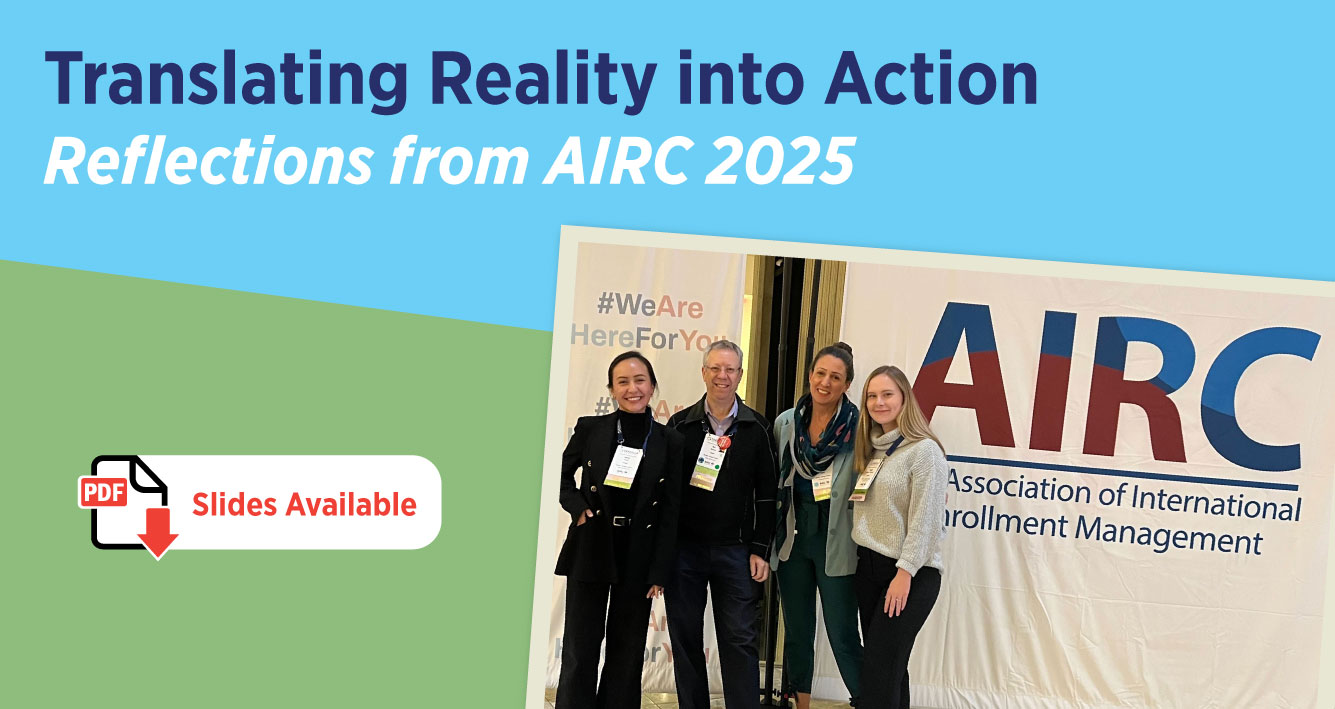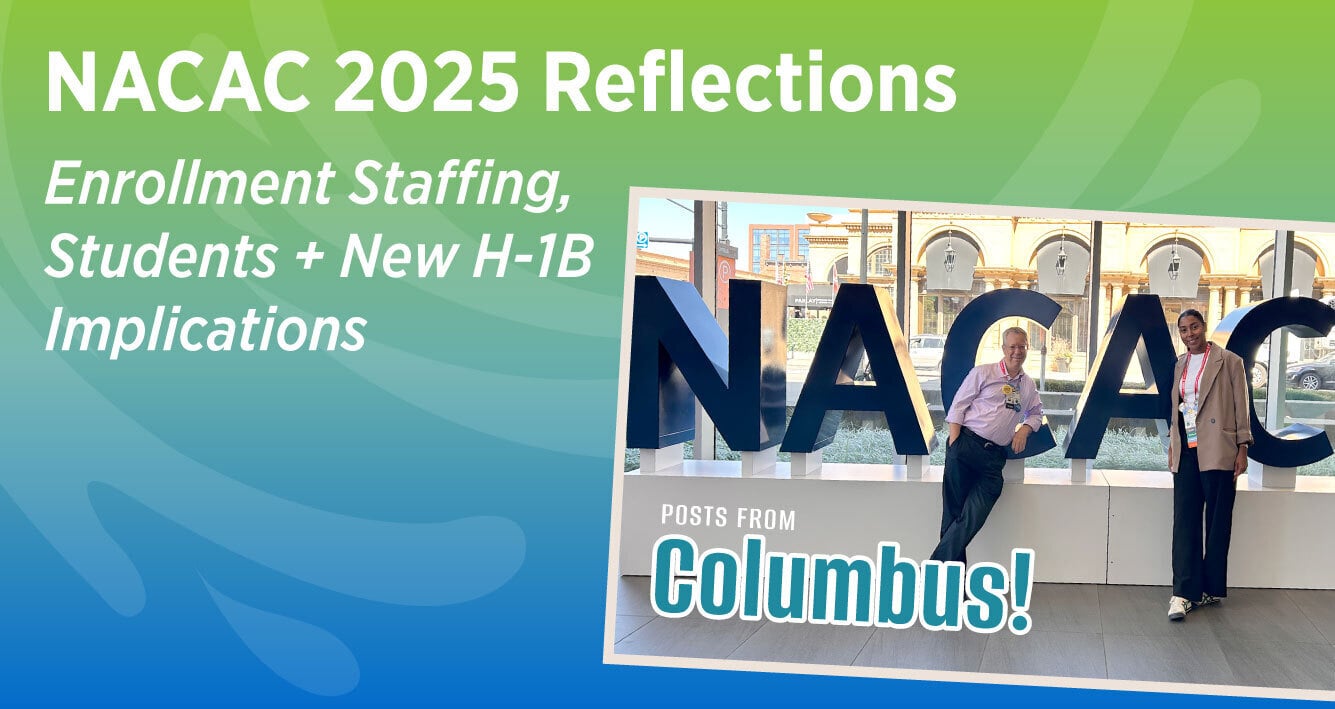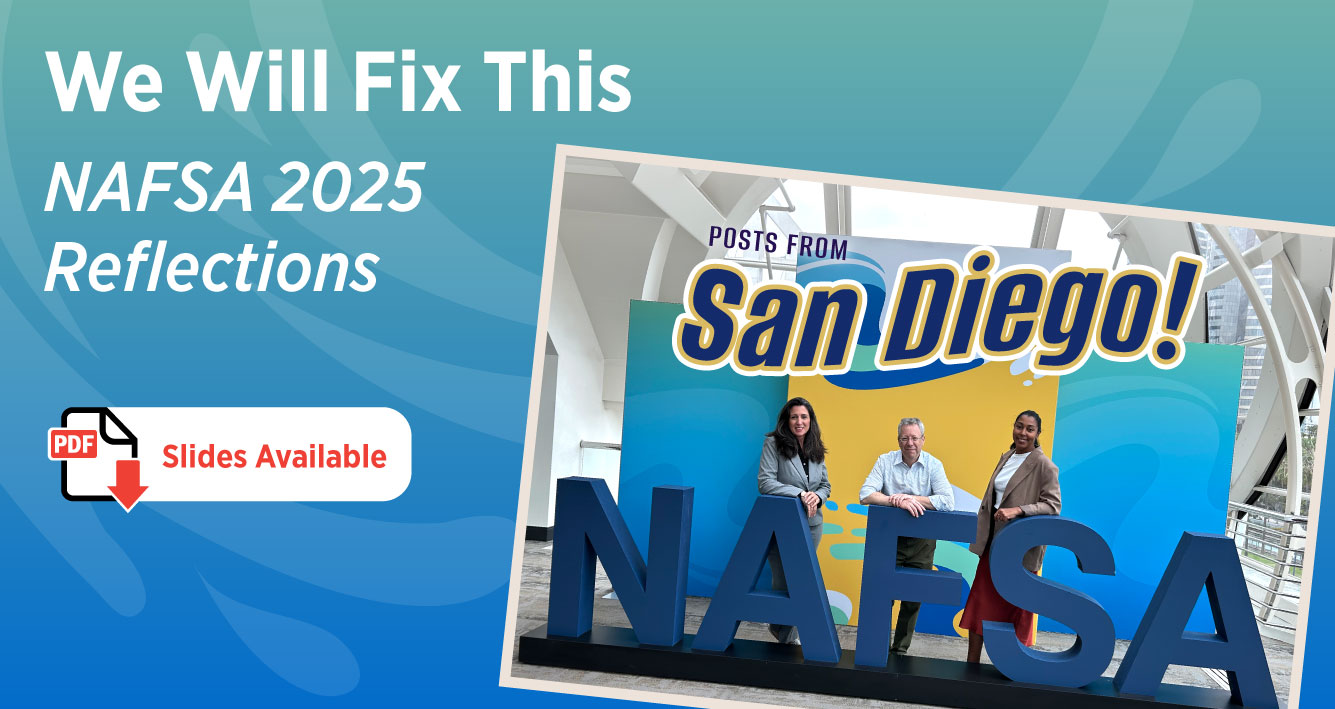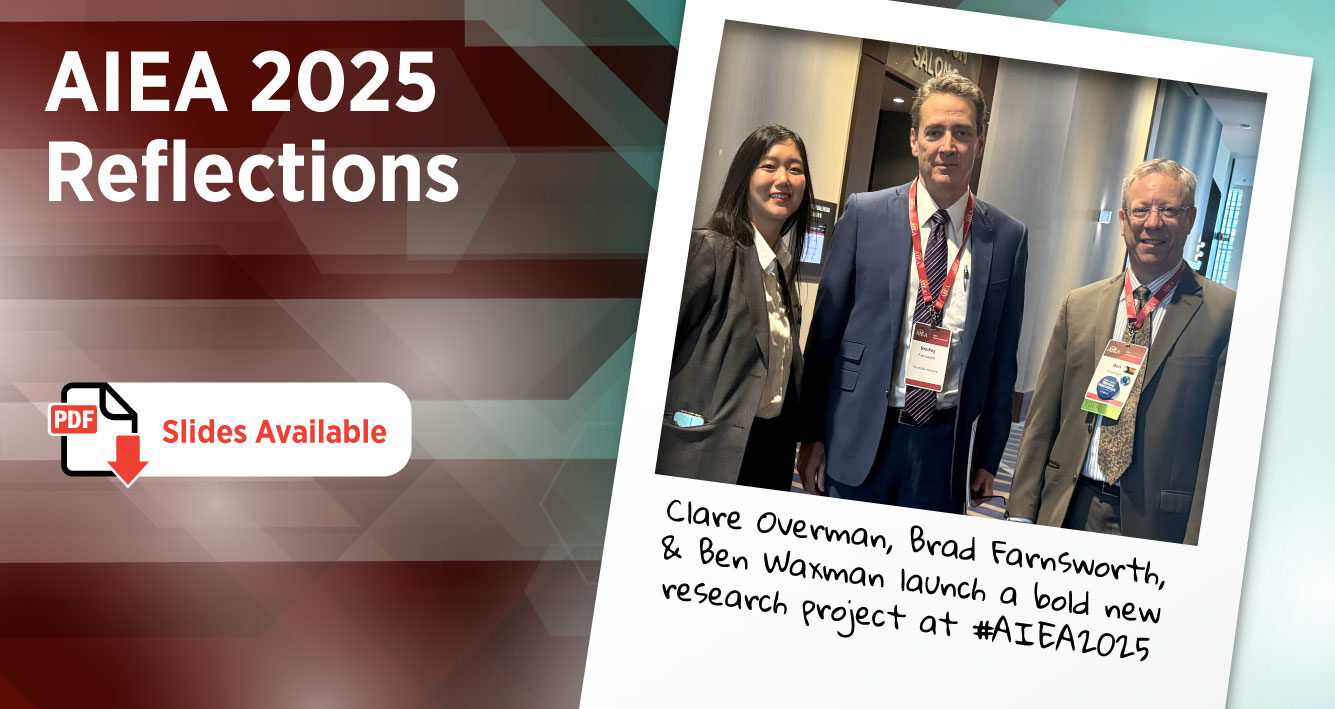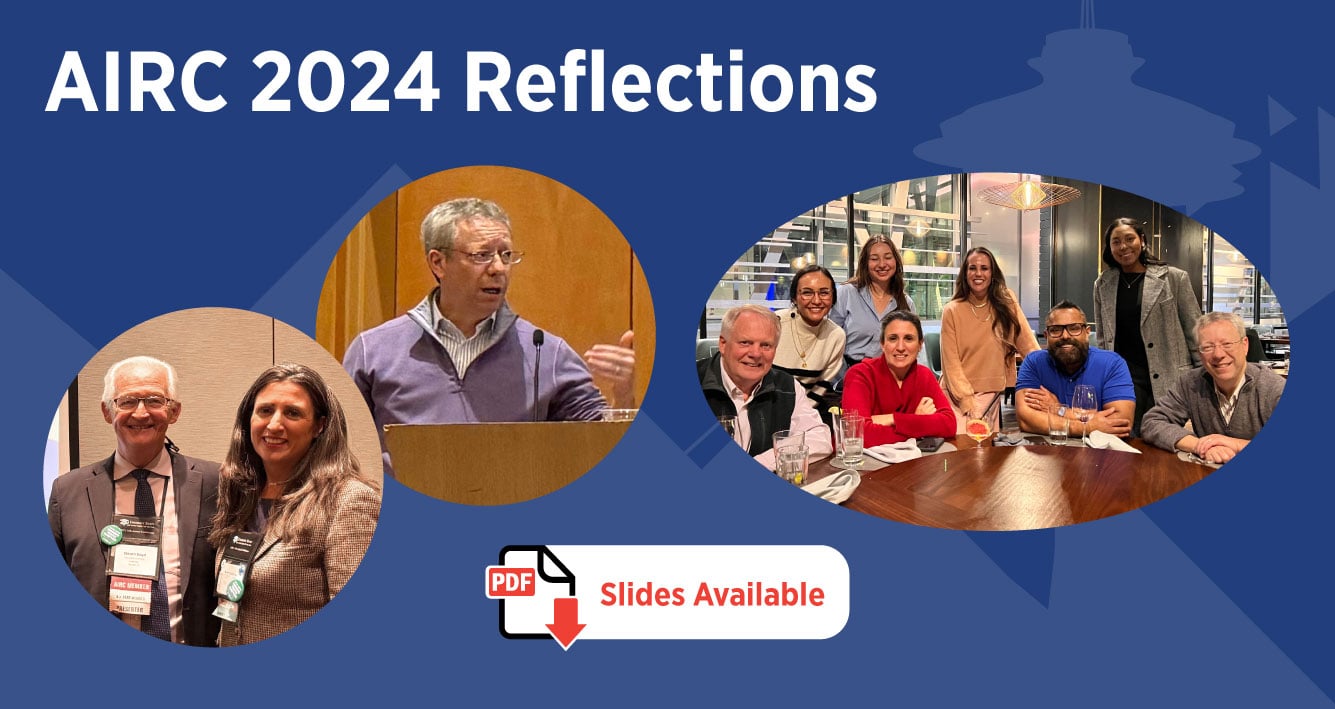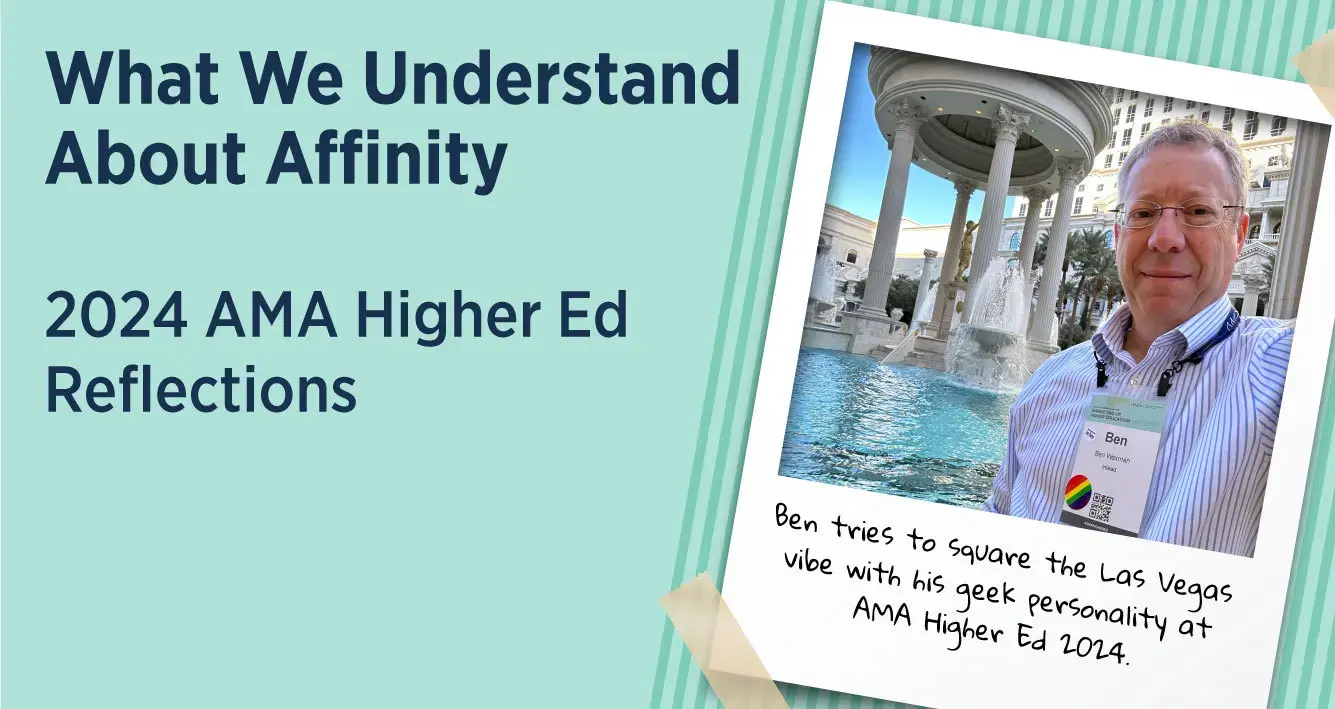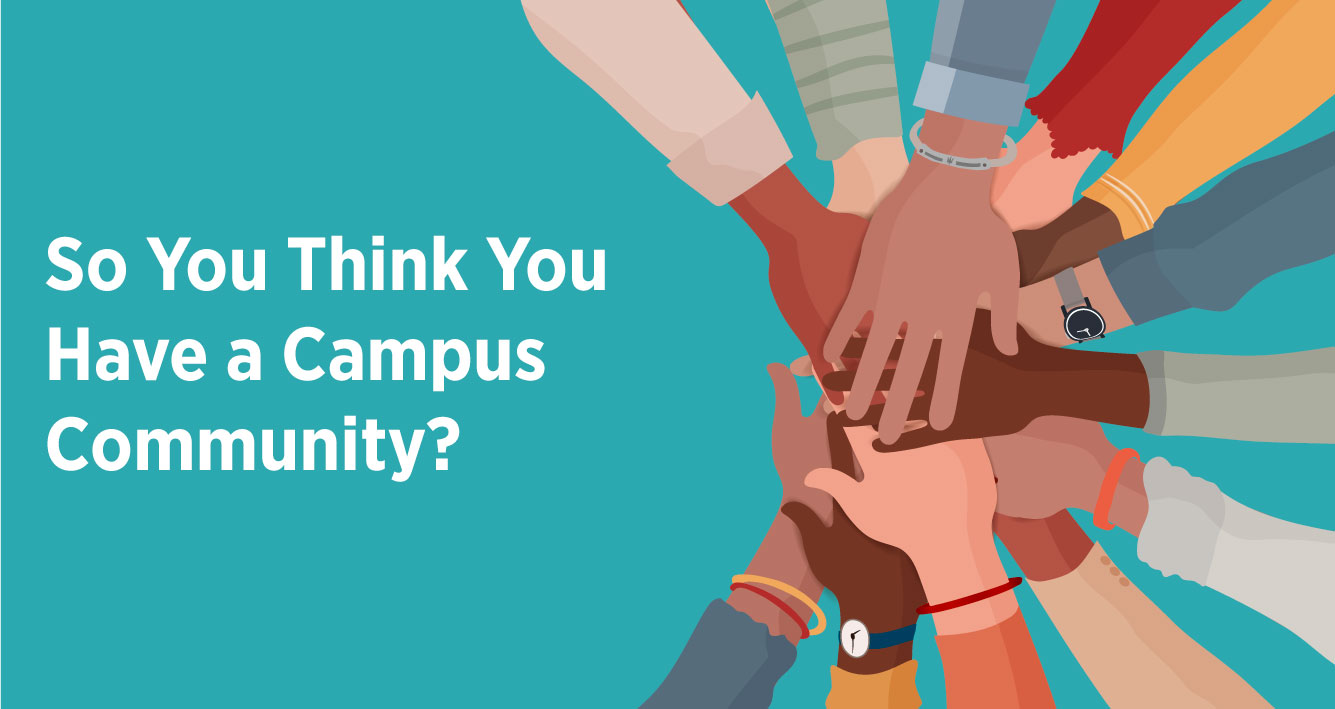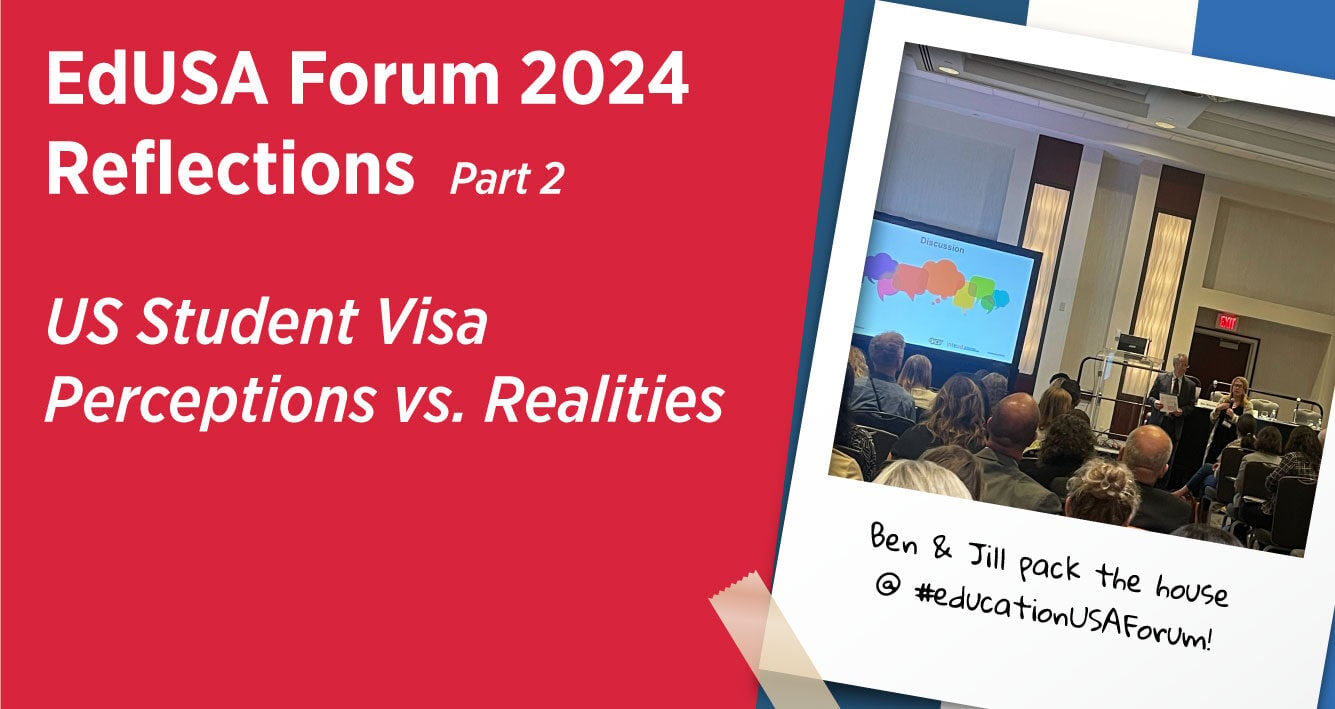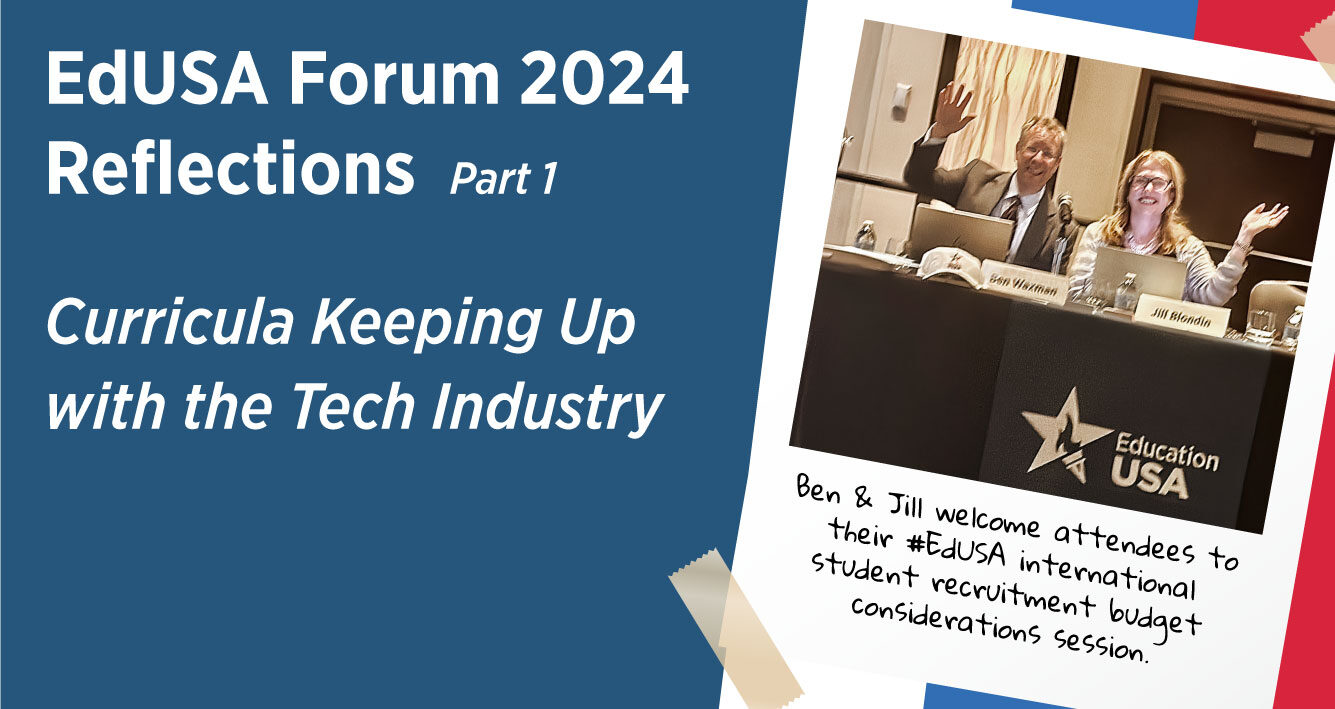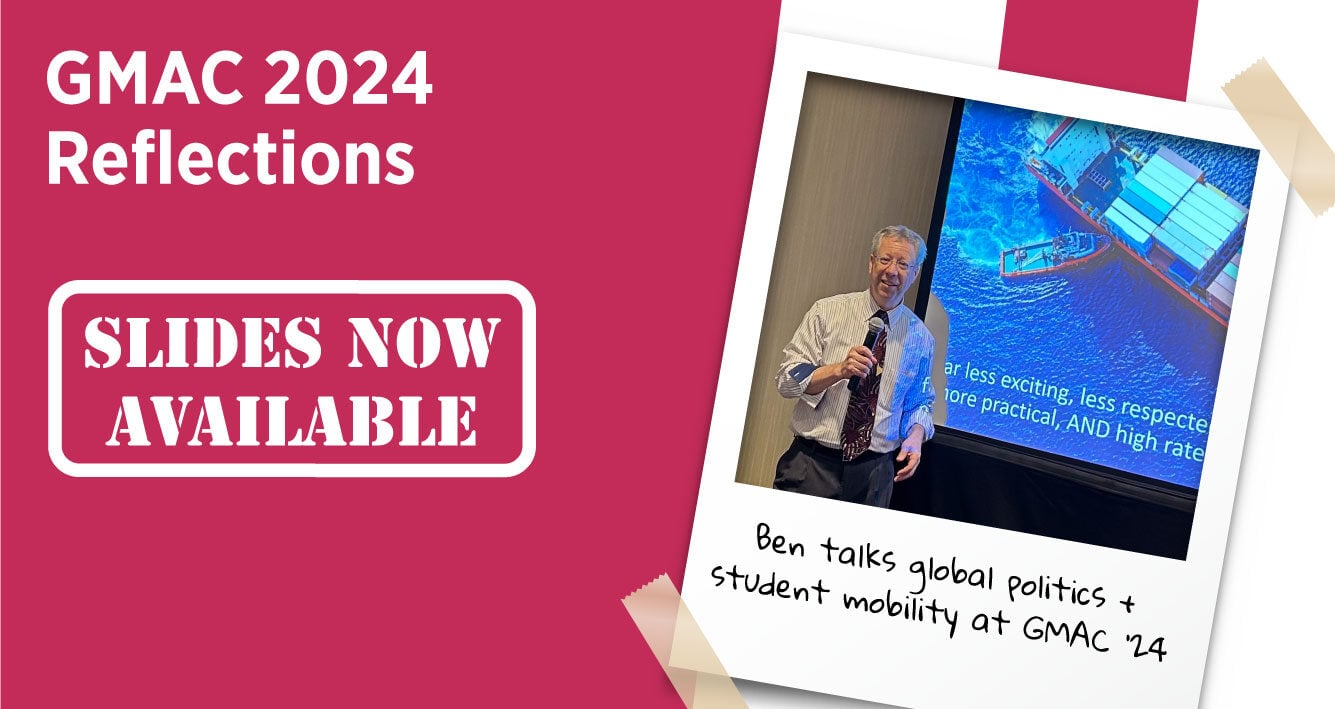Spoiler alert: It is simply not ok to tell prospective students you have a vibrant campus community. You gotta show them.
Our goal: marketing messaging that resonates based on very real consumer connection.
Human beings rally around things. We rally around our families (biologic or chosen), our sports teams (Celtics, Manchester United), our celebrities (TSwift, Beyonce), our professions (cybersecurity engineer, IP attorney), events (Rio Carnival, Chinese New Year), crises (Gaza, Ukraine), political issues (don’t get us started).
It has a lot to do with shared experience over time. The connections we make with others who engage in a project, achieving a goal, together. As humans, we want to protect and bolster the things we love.
So, no wonder, people rally around their campus community. Having shared a period of time together and having a degree conferred by the same administrative body – these activities and achievements form bonds.
We eat in the same cafeterias, walk the same halls and pathways, endure the same exam schedules, and wear the same cap and gown as we walk the same stages to receive our parchment pressed with our school seal.
With the rise of online degrees, a new sense of shared experience develops.
Opportunities to Meet the Intead Team
- NAFSA Region XI, Hartford, Connecticut, Oct. 27-29, 2024
- PIE Live North America, Boston, MA, Nov. 19-20, 2024
- AIRC, Seattle-Bellevue, Washington, Dec. 4-7, 2024
Bookmark this: Intead’s Resource Center
Access 800+ articles, slides, reports with relevant content on any topic important to enrollment management and student recruiting. Check it out.
There is far less connective tissue to draw students together with the online experience. Yet, there remains a common set of activities and the earned degree creates that same sense of pride in achievement born of concerted effort toward a shared goal.
When we think about student recruitment from the prospective student point of view, as the university selection list gets shorter, the heart plays a larger and larger role in determining where they will enroll. In focus groups, the most common phrase is some form of, “After all the thinking, I felt this was the right choice for me.” (emphasis added)
Here’s the thing: it’s hard to build student evangelists within your community when they see their education and their community as entirely transactional.
Not rocket science. However, it takes the investment of dedicated time. This is more than a simple 90-minute brainstorming session with your team's marketing talent. There's trend data to evaluate, focus groups to convene, influencer affinity groups to build and manage.
Sounds like a fair amount of work, right?
And when you think about those institutions out there who just seem to be crushing it, what do they seem to have going for them? Sure, they have the product mix and the measured price point. But what hits you right in the face is the vibe. That is the thing that gets you thinking, "Oh, I wish we had that connection to our audience."
That audience connection doesn't just happen. It is cultivated by talented, thoughtful, invested people who believe in the opportunity.
Below we share a few pointers. Please be in touch if you'd like to dive into a deeper analysis of the specific opportunities for your institution (info@intead.com). This is about the consumer insights the Intead team is so very good at identifying and leveraging. Read on…
Read More


